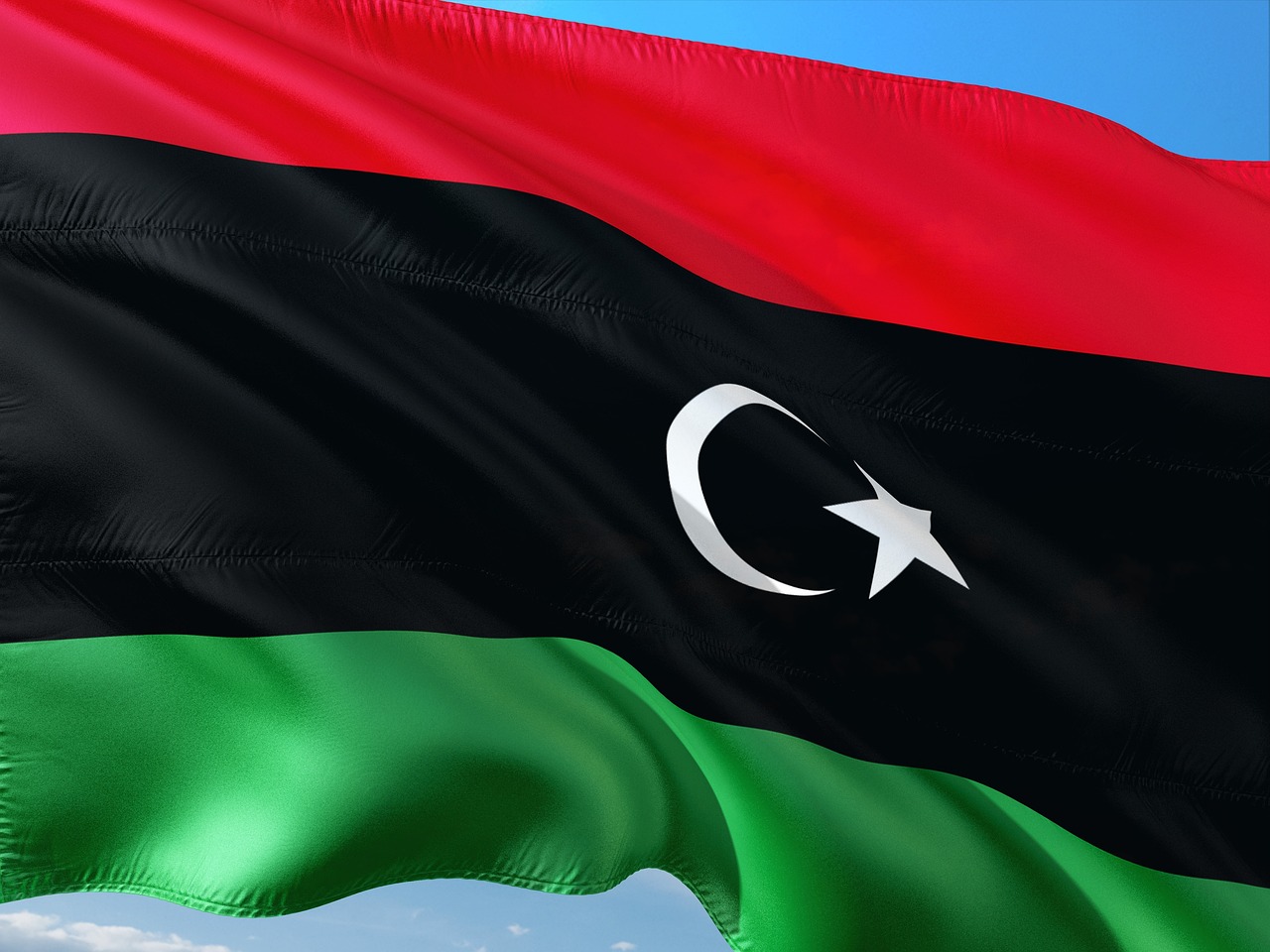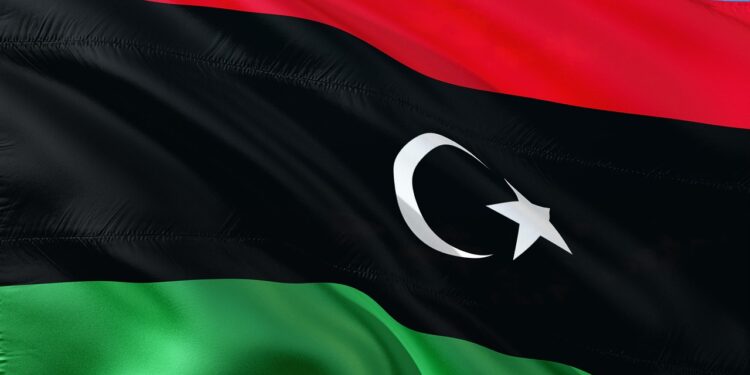A protracted standoff between competing factions vying for Libya’s extensive oil revenues has intensified, as Sadiq Al-Kabir, the beleaguered Governor of the Central Bank of Libya (CBL), defies efforts to oust him. He is under attack from the authorities in Tripoli, who want his position.
To stay in office, Al-Kabir lodged a formal complaint with the Attorney General on Sunday to prevent the storming of the Central Bank’s headquarters. Local media reports indicate that this move is considered an end-of-the-line attempt to stop his eviction.

This marks a crucial turning point in the ongoing struggle for power, which has been going on for more than a week and is affecting Libya’s fragile economic framework dangerously. The deadlock has consequences for oil revenues, which are vital for the country’s economic survival. Al-Kabir’s decision not to leave has worsened the crisis, with rival factions fighting over who controls the central bank.
The situation remains uncertain, with no clear outcome in sight. The international community is closely monitoring the situation, fearing that Libya’s collapse could have far-reaching consequences for the region.

















